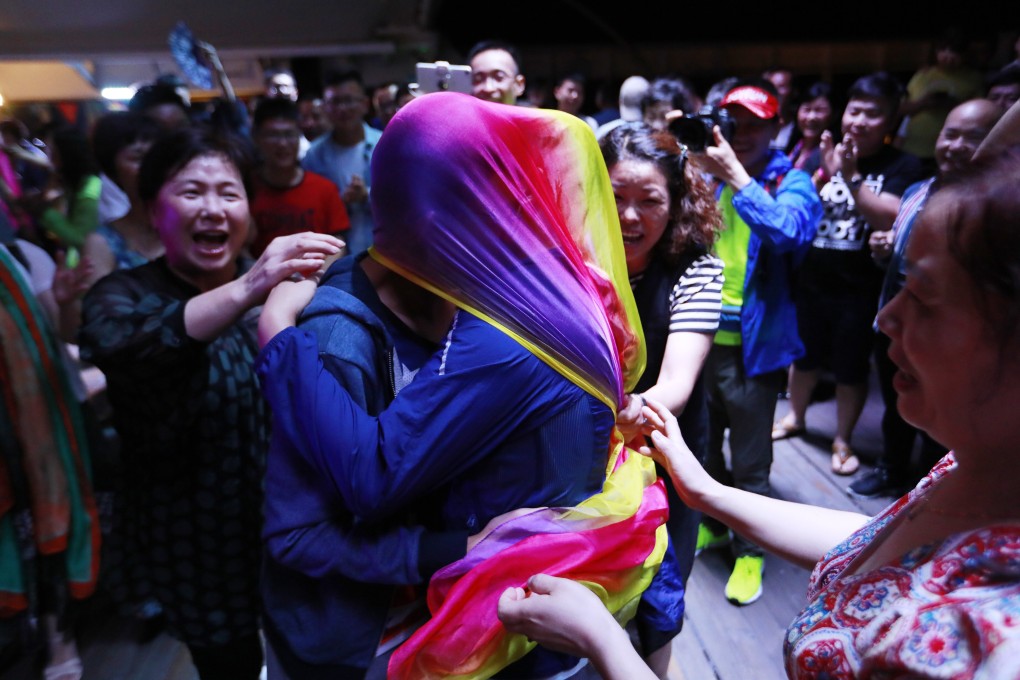Advertisement
Opinion | Why the struggle for same-sex marriage in China will continue, despite civil code setback
- The primacy of heterosexual marriage in Chinese society means that there are negative social and economic consequences to remaining unwed
- The LGBT community has developed many coping strategies – from lesbian women and gay men marrying each other to couples tying the knot outside China or unofficially via an app
Reading Time:4 minutes
Why you can trust SCMP

The Chinese government has rejected the LGBT community’s demand for the legalisation of same-sex marriage when the country’s parliament adopted China’s first civil code in May.
Advertisement
This is a new and clear condemnation of same-sex marriage rights by the state in the two-decade long struggle in China.
The fight started officially in 2001 when Li Yinhe, an outspoken sociologist in Beijing, lobbied for same-sex marriage during the annual parliamentary meetings.
Homosexuality was removed from the criminal category of “hooliganism” in 1997 and from the official list of mental illnesses in 2001.
These moves were understood as the decriminalisation and depathologisation of homosexuality, though in practice, lesbians and gay people still face the threat of police intervention, and the public understanding of them as mentally ill has persisted.
Advertisement

Advertisement
